Frozen Food Storage Tips
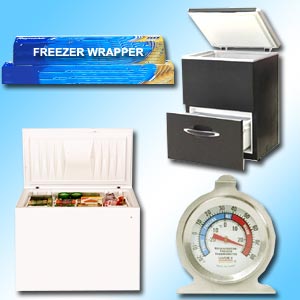
It is incorrect to believe that freezing will kill bacteria that existed in the food before it was frozen. Freezing can only stop growth of bacteria. Only cooking the food will ensure removal of harmful bacteria. Look up vital tips to frozen food storage:
Foods that must not be frozen
Do not freeze dairy or creamy products. Yogurt, cheese, custard etc do not freeze well. Herbs don't freeze well. Other foods that should not be frozen include salad dressing, sour cream, cake frosting, fried food, rice, sauces and pasta. Fruits such as lemon, watermelon, grapefruit and apples must not be frozen. You can instead freeze the zest from citrus fruits. Vegetables such as celery, lettuce, onions, radish, sprouts and greens should not be frozen.
Food Safety in Storage
Keep meat, fish and poultry away from other foods to avoid risk of contamination. They might leak juices onto other food.
Take periodic stock-check of your frozen foods. Rotate the stock so that the earlier ones are used before the newer ones. Identify the expiration date on packaged frozen food.
Keep raw and cooked food away from each other.
Store food for freezing in usable quantities. This way you need to just grab a box and use it completely.
Label your containers with name and date. This way you are saved the time and agony of flipping each lid to check the contents. Besides you might end up defrosting the wrong item. You can even add details on the quantity stored.
- Cool cooked food before storing in freezer. Never freeze store food that is hot.
- Freeze cooked food within two hours of cooking.
- It is not safe to freeze or store food at less than 0°F
- Keep an appliance thermometer to check freezer temperature from time to time.
- It is not safe to refreeze frozen food that has thawed.
- Use only moisture and vapor-proof containers.
- Pack and store only in freezer grade foils or wraps. Use moisture-proof, freezer-weight wraps.
- Packaging food correctly before freezing prevents freezer burns.
- Freeze food items only till 'use by date'
- Defrost frozen food either in the refrigerator (4°C or 40°F), in cold running water and in the microwave.
- You can freeze store herbs by mincing them and spooning them into ice cube trays. These herb cubes last for a couple of months.
- Check the shelf life of frozen convenience food when storing it in your freezer.
- Ensure that you store frozen meat at low temperatures in the freezer with adequate air circulation.
- You can safely freeze store homemade steaks and chops for about 6 months by wrapping them in suitable freezer wrap. You can use wax paper between individual patties and steaks.
- It is preferable not to freezer store cured meat such as corned beef and bacon since they may turn rancid due to saltiness. Besides, freezing alters flavor.
- Wrap fresh poultry in moisture-proof wraps while freezing it. While whole or cut chicken lasts for about 6 months in the freezer, cooked poultry lasts about 3 months.
- Store dairy products in tight containers to prevent them absorbing odors from strongly-flavored products.
- You can store berries, peaches, pears and pineapples for about 6 - 9 months in the freezer. Similarly, the fruit concentrates can also be stored for about 5 months.
Top of the Page: Frozen Food Storage Tips
Tags:#frozen food storage
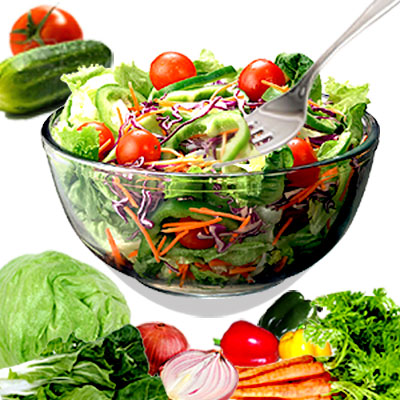 Food and Nutrition Facts
Food and Nutrition Facts Chamomile
Parsnip Soup
Dim Sum
Gazpacho Soup
Whole Grain Cereal
Jicama Nutrition
Bok Choy Stir Fry
Chia Seeds Benefits
Teff Nutrition
Kaniwa
Flax Seed
Wheatgrass Benefits
Kelp Benefits
Types of Chili Peppers
Medicinal Benefits of Pomegranate
Arugula Leaves
Maca Root
Pitaya Fruit
Benefits of Celery
Leek
Asparagus Benefits
Oyster Stew
Oyster Mushroom
Lupin Beans
Quinoa
Freekeh
Extra Virgin Olive Oil
Dill Pickle
Sauerkraut
Fat Burning Foods
Nutrition Chart
Food Combining
Calorie Counter
calories ...
Non Alcoholic Beverage
Punch Recipes
Food Label Nutrition
Homemade Sausages
Cooking Steak
Eating on a Budget
Budget Friendly Recipes
Quick Recipes
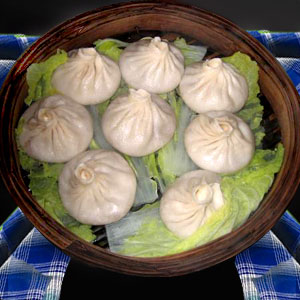 Healthy Packed Lunch
Healthy Packed Lunch Overnight Oats Recipes
Eggplant Casserole
Brunch Recipes
Burrito Recipes
Muffin Recipes
Cupcake Frosting
Apple Crisp
Stir Fry Cooking
Seafood Salad Recipe
Cooking Corn on the Cob
Finger Food Recipe
Sandwich Recipe
Bread Stuffing Recipes
Easy Chili Recipes
Picnic Recipes
Edible Mushroom Recipes
Mushroom Soup Recipes
Dip Recipe
Tapas Recipe
Corned Beef Recipe
Canned Salmon Recipe
Tilapia Recipes
Crumb Cake
Flourless Chocolate Cake
Regional Food
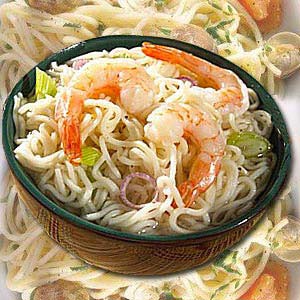 Lasagna Recipe
Lasagna Recipe Peruvian Ceviche
Chinese Food Recipe
Vietnamese Food Recipe
Malaysian Food
Korean Food Recipe
Indian Curry Recipe
Edible Rice Paper
Mexican Food Recipe
Quesadilla
Guacamole Dip
Italian Food Recipe
Spanish Food Recipe
Kosher Food
Falafel Recipe
Tandoori Chicken
Noodles
Canape
Couscous
Meatloaf
Chowder
Gumbo Recipe
Crockpot Recipes
Moroccan Food
Healthy Food
Pre Workout Snack
Matcha Tea
Simple food Swaps to Lose Weight
Foods to Beat Stress
Foods to beat Insomnia
Bone Density Foods
Prebiotic Foods
Kefir Grains
Agave Nectar
Spicy Trail Mix
Pesto Sauce
Homemade Hummus
Crab Cake Sauce
Bamboo Shoots Nutrition
Lemon Grass Plant
Butter Beans Recipes
Loose Green Tea
Seaweed Nutrition
Healthy Food
Low Fat Granola Bar
Steel Cut Oatmeal
Fruit Pizza
Pizza Toppings
Green Smoothie
Healthy Meal Planning
Delicious Mealtime Recipes
Heart Healthy Fats
Healthy Heart Recipe
Healthy Dinner Recipe
Healthy Dessert Recipe
Healthy Fast Food
Healthy Kid Recipe
Probiotic Food
Diabetic Friendly Foods
Fruit Salad Recipe
Bread Pudding
Tofu Recipe
Oat Bran
Broccoli Salad
Avocado Recipe
Iron Rich Food
Brain Foods
Antioxidant Food
Natural Diuretic
Low Fat Cooking Tips
Rice Pilaf Recipe
Low fat Chicken Recipe
Food Tips
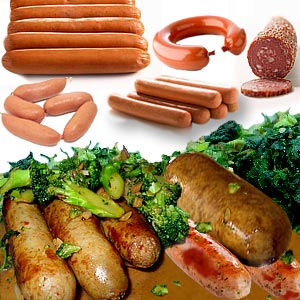
Sous Vide Cooking Technique
Natural Sugar Substitute
Stevia Sugar Substitute
Sunflower Seeds Nutrition
Bouquet Garni
Cake Decorating Tips
High Satiety Foods
Thanksgiving Dinner
Safe Food Storage
Frozen Food Storage Tips
Cold Storage Food Tips
Leftover Recipe
Food Pyramid
Dairy Free Food
Microwave Cooking
Food Intolerance
Homemade Ice Cream
Apple Cider Vinegar
Benefits of Honey
Beverage Cooler
Food Poisoning Symptom
Food Allergy Symptom
Food Addiction
Top of the Page: Frozen Food Storage Tips
Popularity Index: 101,016

